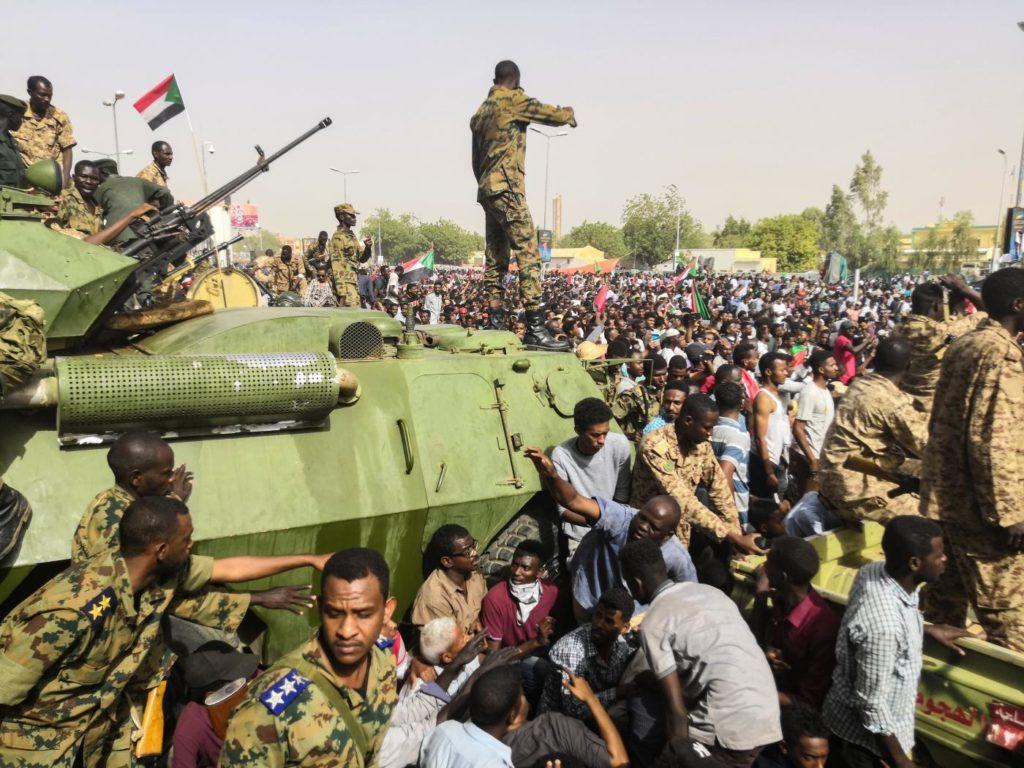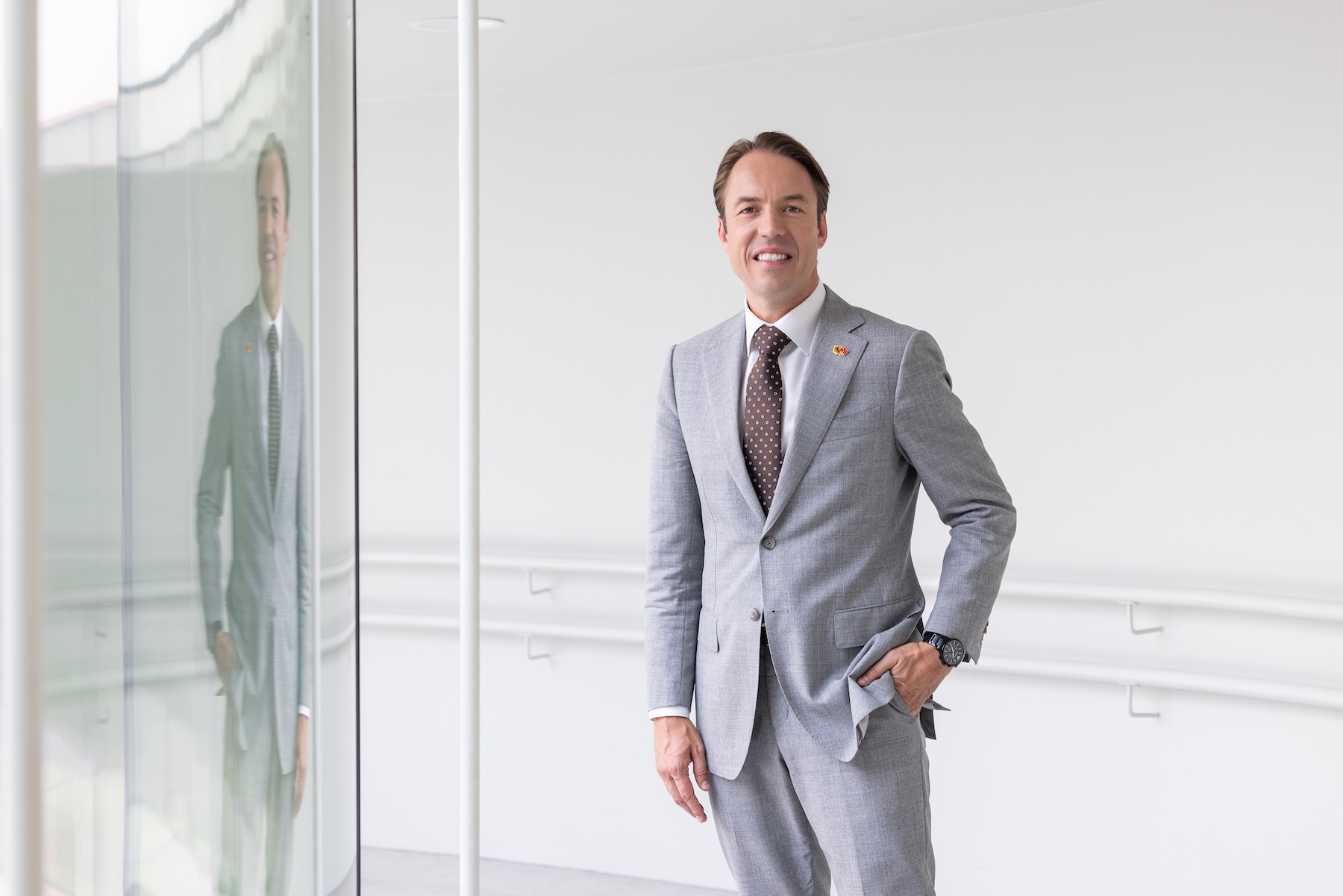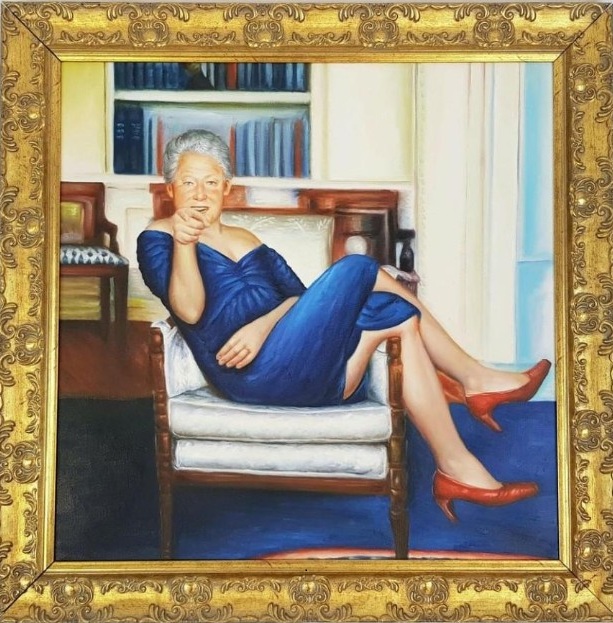
Sudan’s General Abdel Fattah Al-Burhan on Thursday named a new ruling council to steer the country’s transition after last month’s military takeover, state television reported.
The announcement came more than two weeks since Burhan dissolved the government led by Prime Minister Abdalla Hamdok, detained the civilian leadership, and declared a nationwide state of emergency.
It also comes just two days ahead of planned mass protests against the October 25 coup.
“The commander-in-chief of the armed forces issued a constitutional decree to form the Transitional Sovereignty Council,” Burhan said in a statement.
Under the decree, Burhan chaired the council formed in August 2019 following the ouster of president Omar Al-Bashir keeps the post.
Mohamed Hamdan Daglo, leader of the feared paramilitary Rapid Support Forces, remains his deputy.
The council also retains Shamsaldine Al-Kabashi, Yasser Atta, and Ibrahim Gaber, all senior military figures.
Civilian figures include former parliamentarian Abou Al-Qassem Bortoum, a supporter of Sudan’s normalization with Israel.
A Sufi, Salma Abdelgaber, Youssef Gad Karim from North Kordofan state, Abdelbaqi Al-Zubair representing Khartoum state and Rajaa Nicola, a Copt, were also named as members.
Ex-rebel leaders Malik Agar, Alhady Idris and Altaher Hagar, who signed a 2020 peace deal with the government, also secured seats.
One member from east Sudan has yet to be named pending consultations, according to state television.
“We have been very clear that the military conquered demands of democracy back into their bottle,” the British deputy permanent representative to the UN, James Kariuki, said on Thursday at a pre-Security Council on Sudan event that the UK convened.
“People are on the streets as they were two years ago, we’re calling for a return to the democratic transition and that’s something that I think is possible if the Council continues to speak with one voice,” he added.
Kariuki also said the UK was not pushing for a unified statement from the Security Council, but, individually, states would continue “to pressure the Sudanese.”
Source: Arab News





